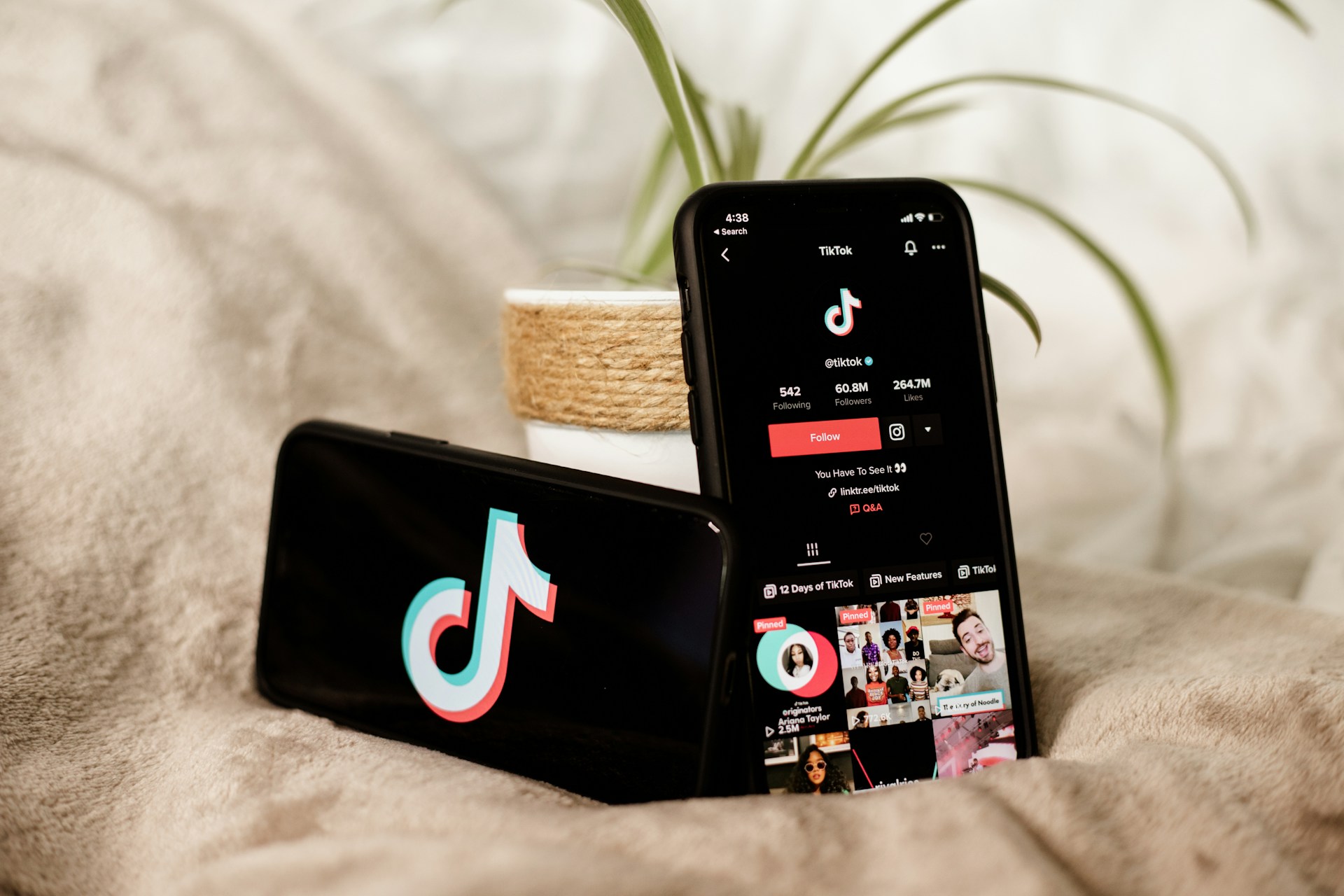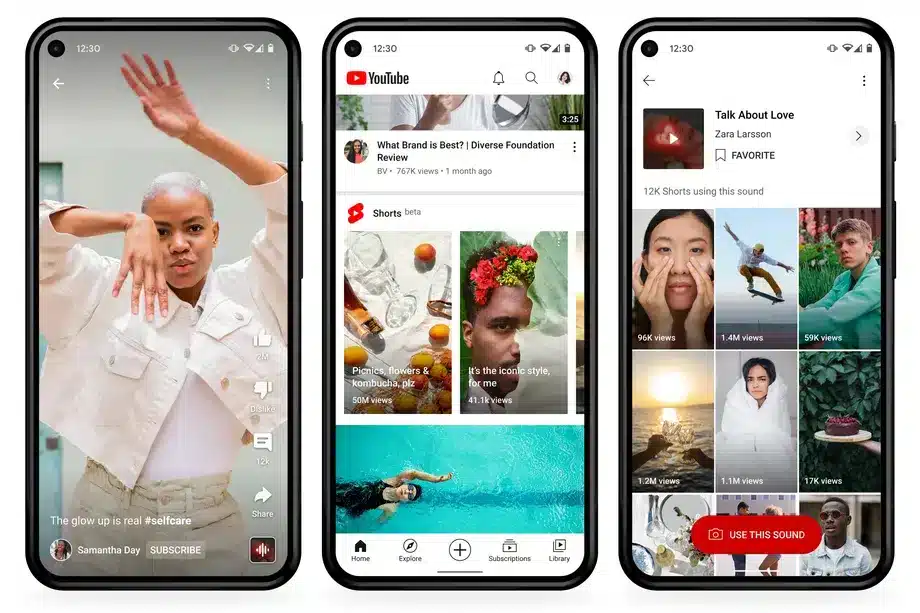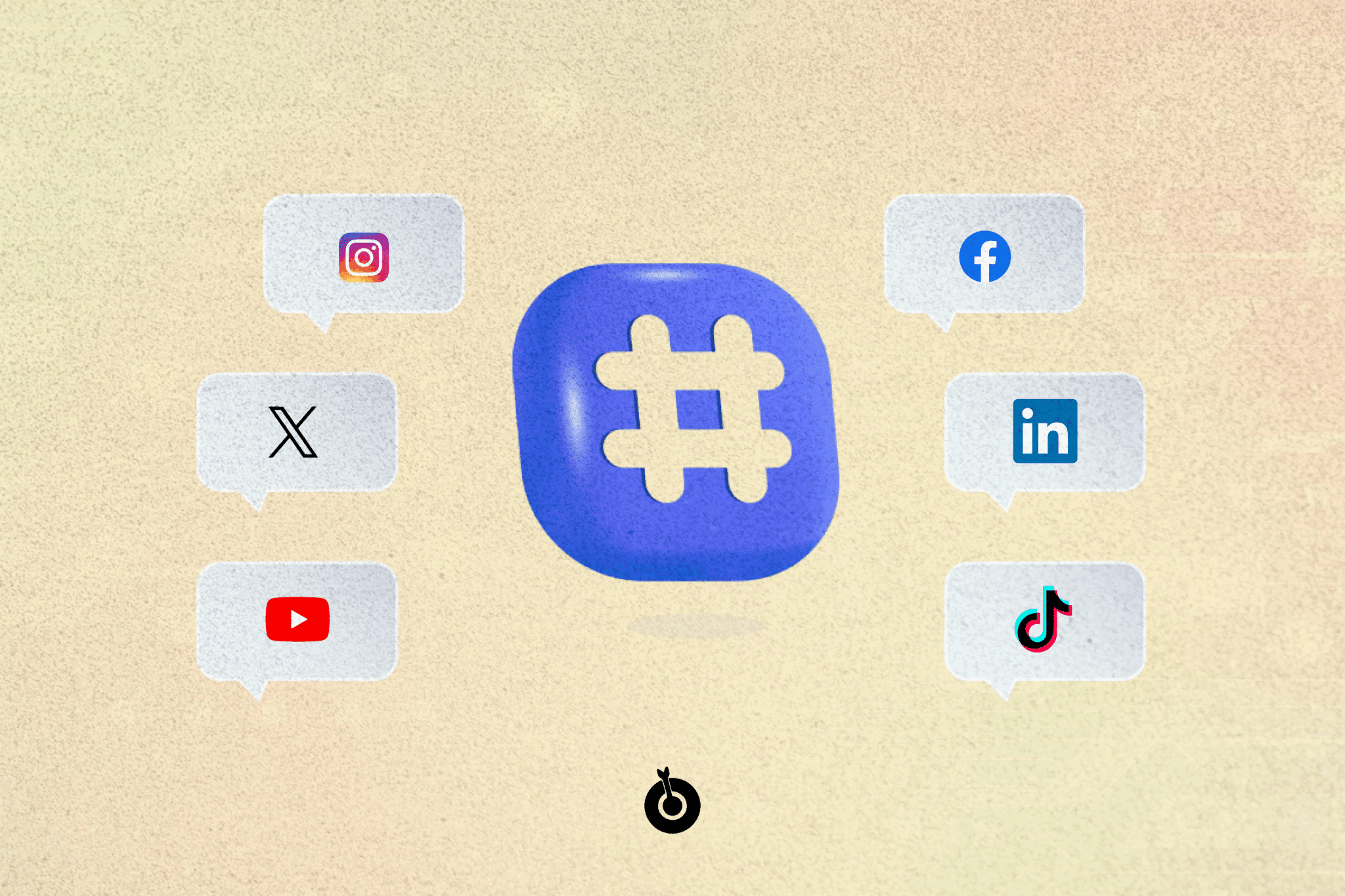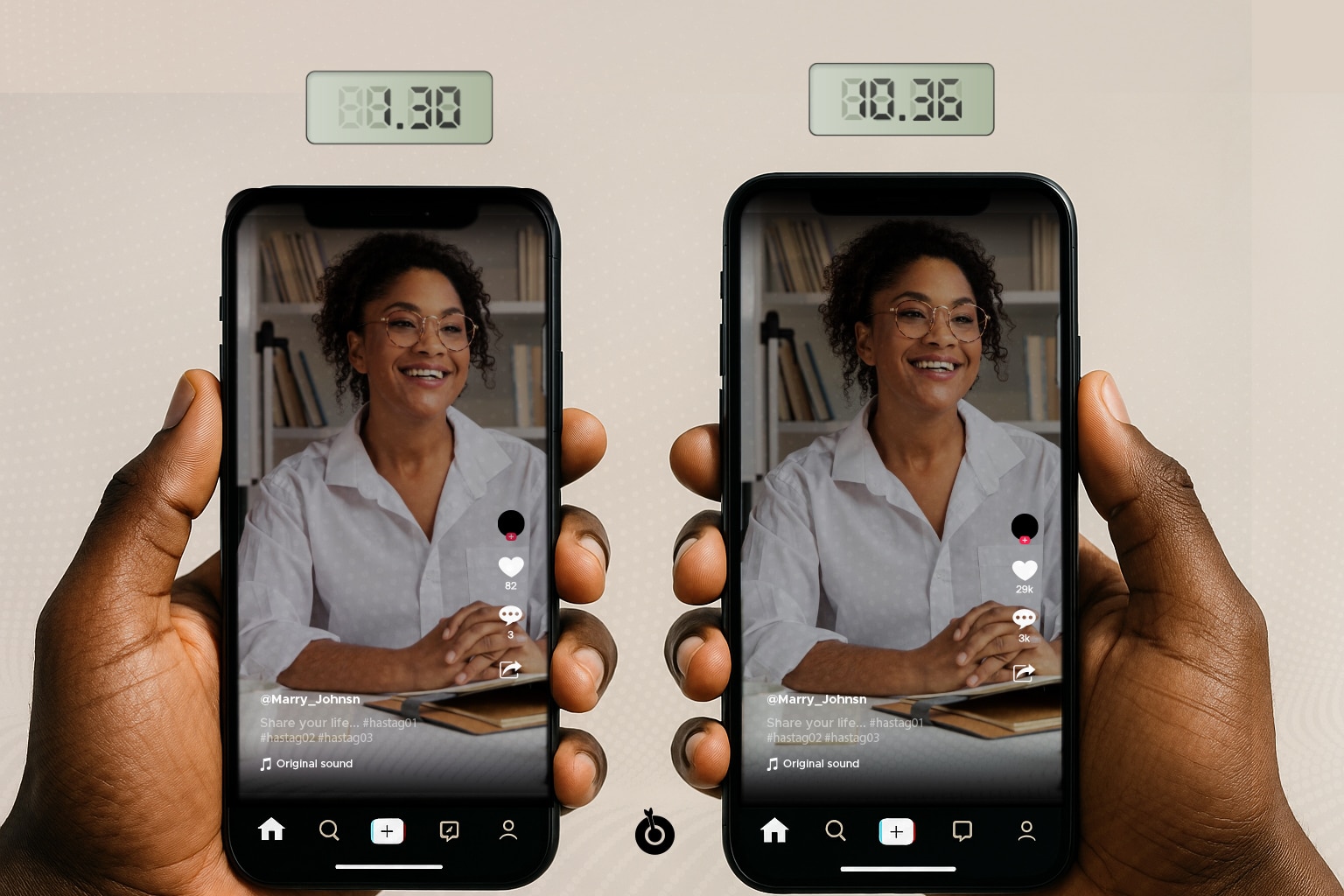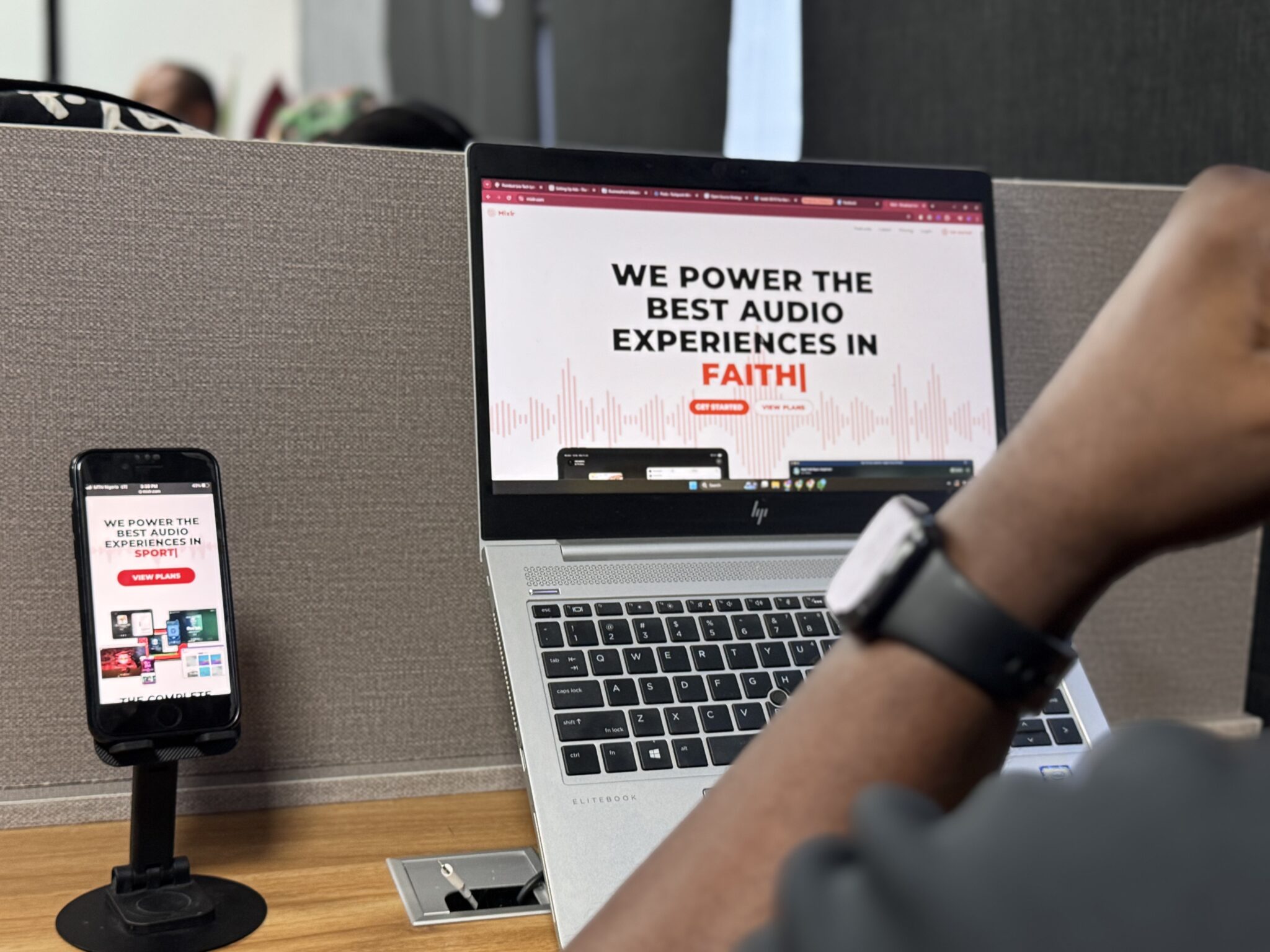The news:
- Findings from a new study reveal that marginalised groups such as women and people with disabilities are still faced with obstacles like harassment, pay disparities, and limited access to smartphones and bank accounts when trying to use digital platforms for livelihood opportunities.
- The research, which includes participants from Nigeria, Ghana, and Kenya, is part of a collection of studies on pervasive digital marketplaces that comprise the new publication, The Platform Livelihoods Project, released by research and advisory firm Caribou Digital.
- Some of the studies were carried out in collaboration with the Mastercard Foundation and with the support of the Bill & Melinda Gates Foundation.
The research also saw the contributions of a network comprising 40 researchers and esteemed institutions worldwide, including the University of Lagos Business School, the Georgia Institute of Technology, and the University of Ghana.
In one of the studies, women discussed how they deal with deep-rooted misogyny and systemic exclusion daily in a digital space populated by men.
People with disabilities, on the other hand, are burdened by their own unique set of problems. For example, the visually impaired often face difficulty with the user experience given the lack of screen-reading technology. Consequently, this hinders their full participation on these digital platforms.
Another study in the publication explored the rise of social agriculture, which refers to how farmers use several social media platforms like Facebook and Instagram to sell information and produce, effectively creating a new revenue stream.
In one of the surveys conducted in Kenya, slightly more than half of the farmers polled admitted to purchasing information on social media at some point. 27% said they had sold agricultural produce, advice, and services on multiple platforms.
While only about 3% of participants preferred WeFarm, an agricultural platform, 62% used Facebook, making it the most popular agricultural platform in Kenya. YouTube came in second with 16.15%, followed by WhatsApp (13.35%).
The volume, which thoroughly investigated the experiences of over 700 people across Ghana, Kenya, Uganda, Nigeria, and Indonesia, sought to show the multifaceted nature of how Africans earn a living online by working, trading, renting or creating in digital marketplaces.
Coming at a time when the digital market in Africa is expected to reach $72 billion by 2026, the creators hope that the publication will help workers and sellers maximise digital platforms.
“Studies on platformisation frequently fail to address the impact on the day-to-day experiences and livelihoods of Africans who rely on these digital ecosystems, across formal and informal sectors alike,” Jonathan Donner, Senior Director for Research at Caribou Digital, explained.
However, the research in this volume aims to kick off conversations around efforts to “create inclusive, safe, and dignified digital environments,” and ensure sustainable livelihoods.



